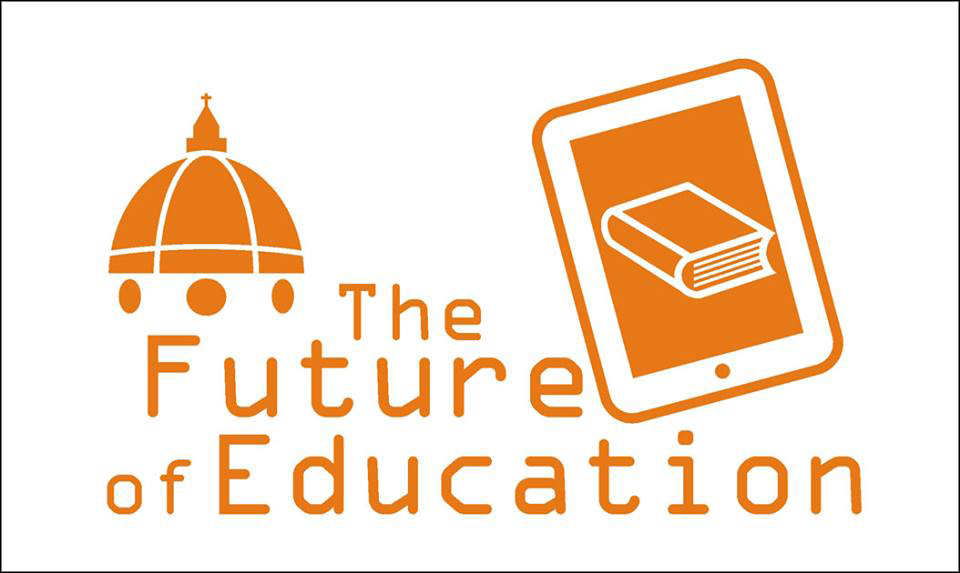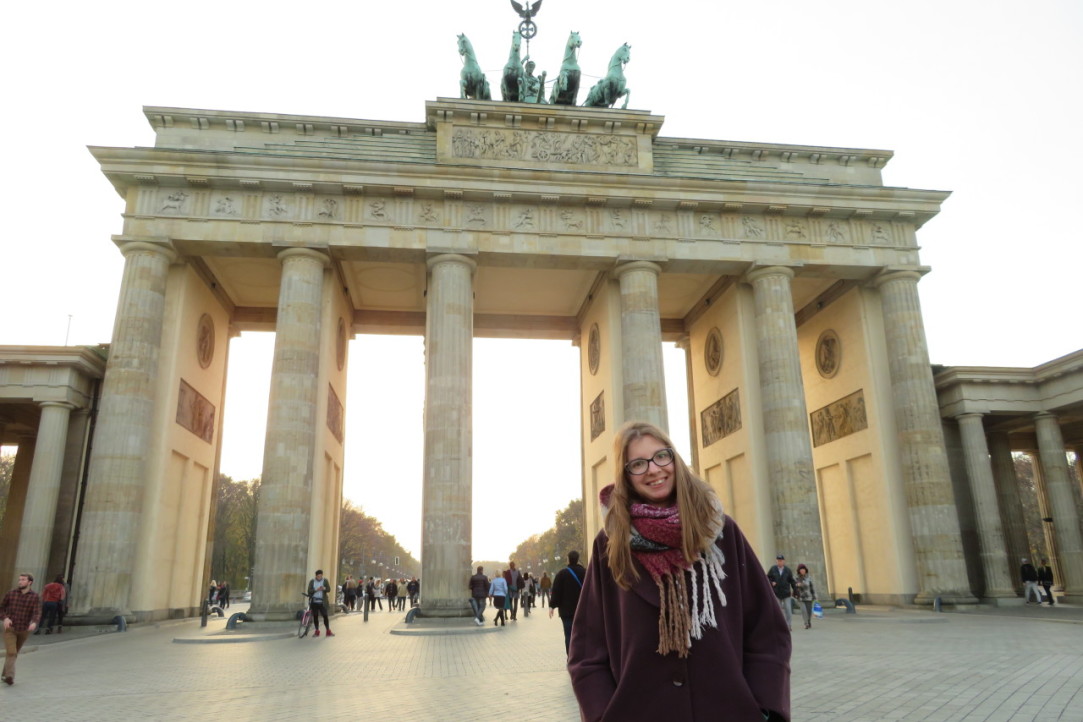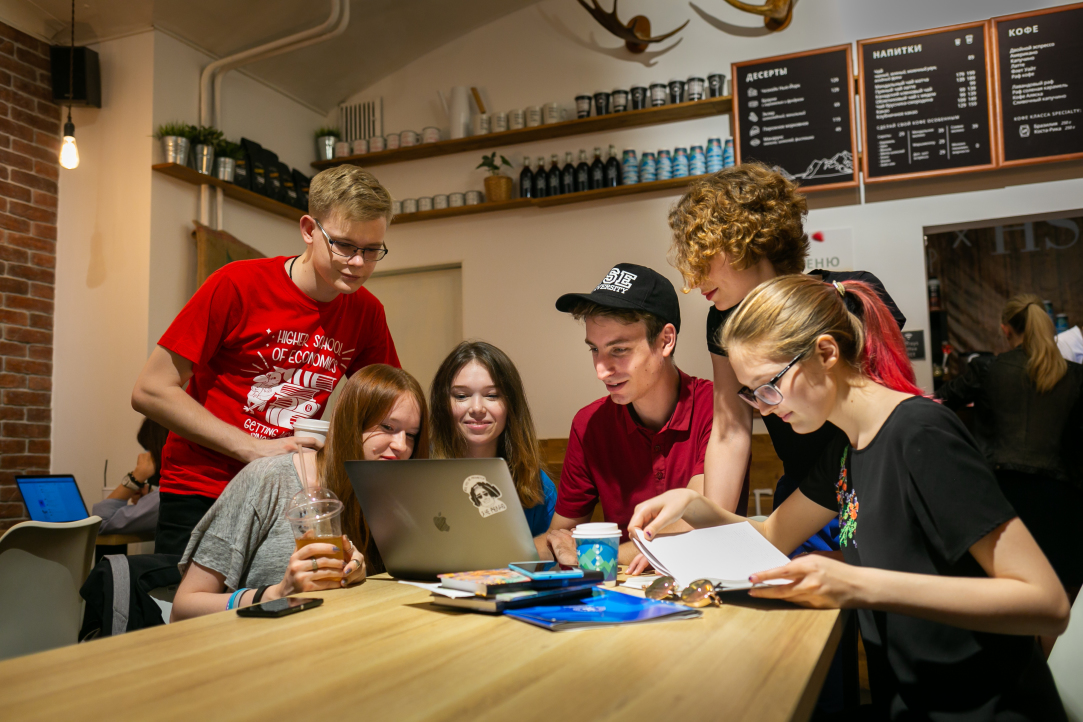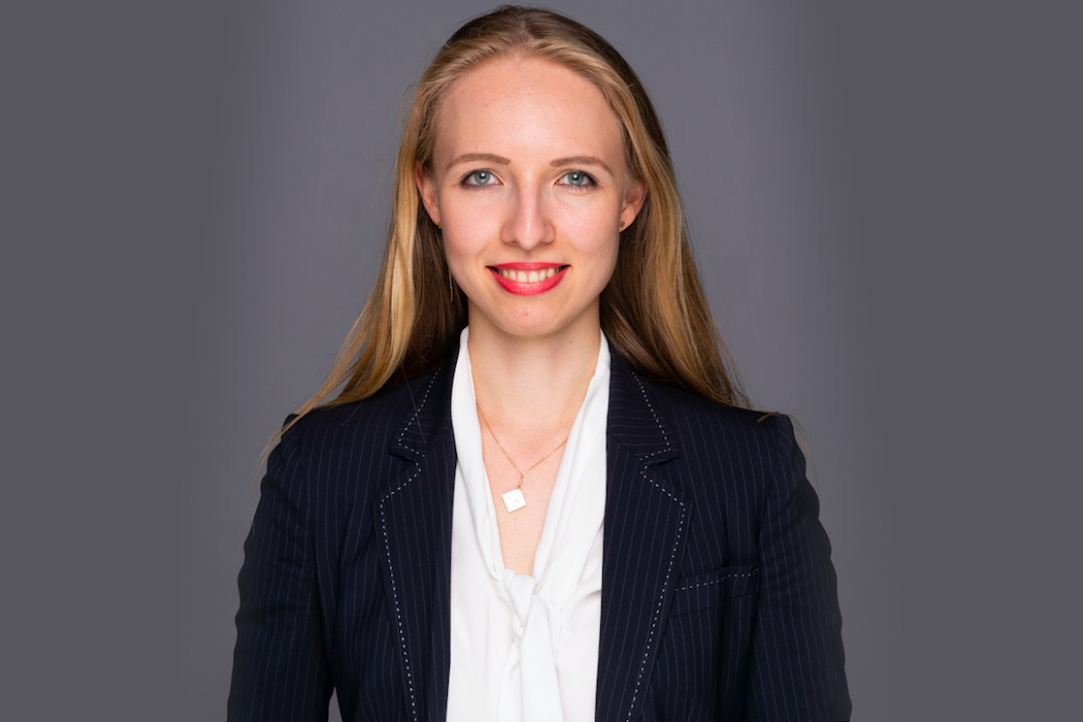1st Place
is HSE University’s ranking in terms of salaries of graduates employed in the field of economics and finance. The ranking was prepared by Superjob.ru research centre based on a study of the average income of young professionals who graduated from 2013–2018.

HSE University Students Present at International Conference on the Future of Education
The ninth annual international conference The Future of Education, held in Florence, Italy, brought together over 200 education researchers and professionals from 48 countries. Undergraduate students from HSE University were the only undergraduate students at the conference to present a paper.
Faculty of Computer Science Hosted 11 International Students for Research Internships This Spring
They represented various universities, such as École normale supérieure, University of Oxford, University of Padua, University of Toulouse, École Centrale de Marseille, INSA de Lyon, Instituto Superior Técnico in Lisbon.

HSE Scholars Propose New Method for Measuring Individual Well-being
Their initial tests were carried out with football fans, by measuring their emotional state. It turned out that, on average, uncertainty about a match result can increase the probability of unhappiness by 13.6%. The results of this study were published in the Journal of Happiness Studies.

‘Our Curriculum Meets the Challenges of the Business Environment’
The HSE master's programme 'Experience Economy: Hospitality Management and Tourism' offers knowledge which is required in business, but not yet widely available in textbooks. Marina Predvoditeleva, Academic Supervisor of the programme, speaks about the innovations that will be introduced to the programme curriculum in the next academic year.

Russian Summer School on Institutional Analysis Wraps up 2019 Session
After a fruitful week of presentations, feedback, and critical reevaluation, the 2019 session of the Russian Summer School on Institutional Analysis (RSSIA) came to a close. Admission to this year's session was highly competitive: out of 100 applications, only 24 were accepted. Participants came from a wide range of countries, including China, Germany, India, Iran, and others, to take their research to the next level in an intimate setting.

‘It Is a Great Opportunity to Enhance Your CV and Meet Other Researchers’
One of the perks of studying at HSE University is its wide range of academic mobility programmes. Ksenia Semykina, a master’s student of Comparative Social Research, recently spent a semester at the Free University of Berlin with the support of an Erasmus+ scholarship. She shared some practical advice on how to live and study abroad with HSE News Service.
1st
place is the ranking held by the HSE University’s English-language website according to a study of university websites conducted by the Russian International Affairs Council (RIAC). The rating assessed the websites of 67 universities in Russia.

Adapting to a New Habitat: Resources for International Students at HSE
More and more international students are coming to HSE University as part of their study abroad experience. In the 2018-2019 academic year HSE University hosted 445 exchange students, compared to 342 last year. The largest numbers of international students come from Germany, France, Italy, the Netherlands, and the UK. Is life easy for international students at HSE University? And what does HSE University do to help them?

‘Business Informatics Gives You Great Freedom in Your Career Choices’
Maria Fay earned her bachelor’s and master’s degrees in Business Informatics from HSE University (2013). Today, she works at SAP and is in charge of innovation projects in Central and Eastern Europe. She recently earned her PhD from the University of Liechtenstein. Maria has talked with the HSE News Service about combining education, work, and research.

